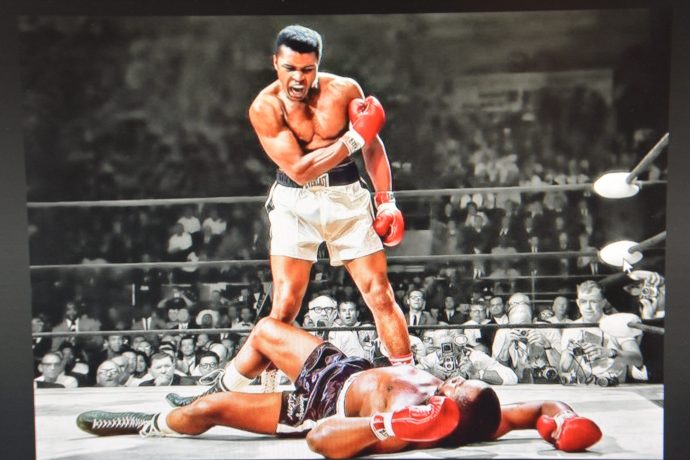Mohammed Ali, Arnold Schwarzenegger and Tiger Woods were all masters of “gamesmanship.”
Gamesmanship is a term that is known throughout the world of sport yet very few know much about how it works. In psychoanalytic circles, gamesmanship refers to the mechanism of projective identification, which is an unconscious process whereby a person projects a part of themselves into another person, who becomes possessed by and controlled by that emotional state. In sports that means an athlete who wins projects the weak, passive and shamed part of himself into his opponent, who will then become weak, ashamed and defeated. The process is unconscious but extremely potent and it occurs more often than most realize.
Mohammed Ali always got into the mind of his opponent before a bout and so did Arnold Schwarzenegger when he was a competitive weight lifter. No doubt you have heard of Tiger Woods, but to meet him and fall under his influence is another thing altogether. I met him many years ago when he was playing in the US Open at Bethpage. When he arrived for the interview, he was accompanied by a group of armed bodyguards to keep the crowds from mauling him. The presence of the guards is enough to intimidate anyone, and one immediately feels cowered, weak and small.
This is projective identification in action and I would suggest this kind of thing happens all the time when a lesser known player is face-to-face with a super star. And the impact can last all day long or it can last a year or more. I worked with a tour player who told me that the day he was paired with Arnold Palmer was unforgettable. I asked why and he told me that after they shook hands on the first tee, he immediately felt weak and his driver felt like it weighed 100 pounds. Or there was another local golfer who said that after he played golf with a long-hitting superstar, he lost his ability to hit the ball long for more than a year. Such is the power of projective identification.
The term gaslighting is related to projective identification. The difference is that gaslighting is the intentional manipulation of another person to gain advantage over them, whereas projective identification is an unconscious process which accomplishes the same end, to gain power and control over another.
As a sport psychologist, I see many athletes who have been victimized by projective identification. Often this occurs in middle school when they are bullied. The bully taunts and torments their victim and this experience can destroy a young person’s sense of confidence and power. They become possessed by the bully’s projections and the result is they feel weak, passive, and vulnerable. This damage often lies dormant until they enter the competitive sports world where the confrontation with an opponent triggers this memory, and they fall into a spell of weakness and anxiety once again.
This process explains why some athletes feel so anxious when competing. The treatment that I use is a combination of talking about the past genesis of shame, helping them to gain insight about it, and then teaching them how to use the technique of projective identification themselves.
Teaching someone to use projective identification is relatively easy to do. I use the metaphor of the alpha wolf in a wolf pact. The alpha wolf uses a combination of snarls, stares and posturing to intimidate any challengers to his reign. Real fighting for supremacy rarely takes place since that is not an evolutionarily healthy thing for any animal species. So, body language rules the day.
It’s the same with humans. I teach them to behave with an air of superiority, with head held high, have their shoulders back and ignore the opponent rather than being nice and friendly. This attitude of the alpha wolf has the added benefit of helping the athlete to inhibit any anxiety that is felt during the competition.
So, there is your free lesson in gamesmanship. If you want to play like Tiger Woods, act like Tiger Woods.

